10 Worst Songs of the ’70s
Chart success doesn’t always mean a song holds up over time. The 1970s had more than a few singles that got heavy radio play, sold millions, and left people wondering how they caught on in the first place.
Here’s a look at the tracks that managed to dominate anyway.
“Let ’Em In” by Wings
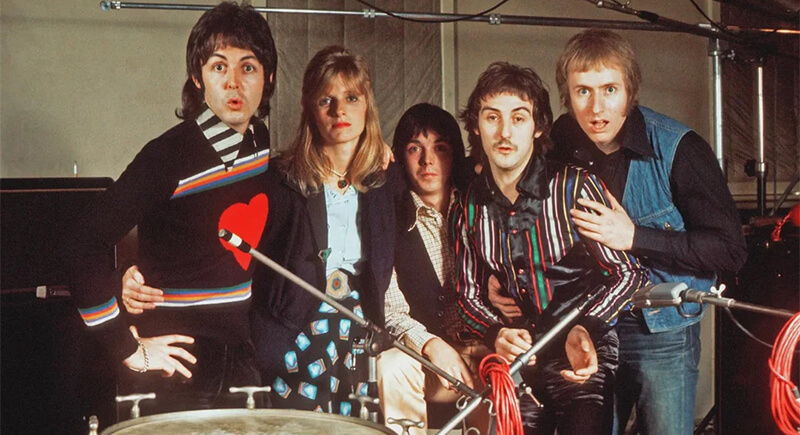
Credit: Reddit
A slow, repetitive piano pattern sets the foundation for this track, but it never builds into anything substantial. McCartney lists names—relatives, public figures, historical references—without framing or emotional connection. “Let ’Em In” reached No. 3 on the Billboard Hot 100 in 1976, but its popularity reflected McCartney’s post-Beatles fame as opposed to the musical or lyrical quality of the track.
“Feelings” by Morris Albert
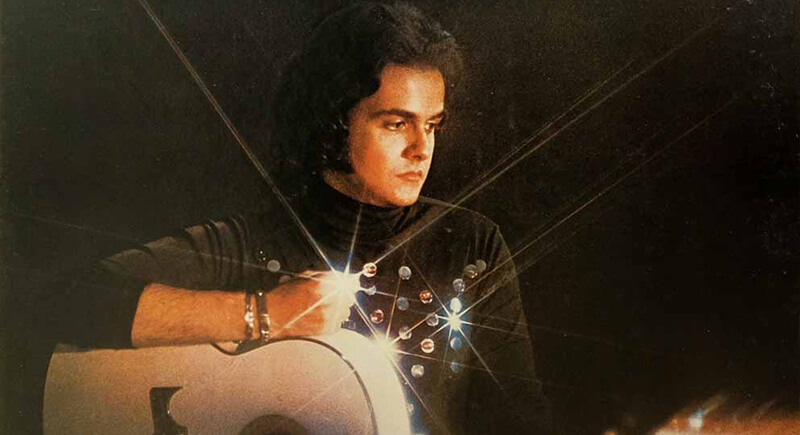
Credit: ebay
The chorus repeats the word “feelings” with such frequency that it borders on self-parody. Morris Albert delivers the vocals with heightened drama, which some listeners found overwrought. The song became the subject of a copyright lawsuit, with a court ruling that its melody had been taken in part from a 1957 composition by French songwriter Loulou Gasté.
“Billy Don’t Be a Hero” by Bo Donaldson and the Heywoods
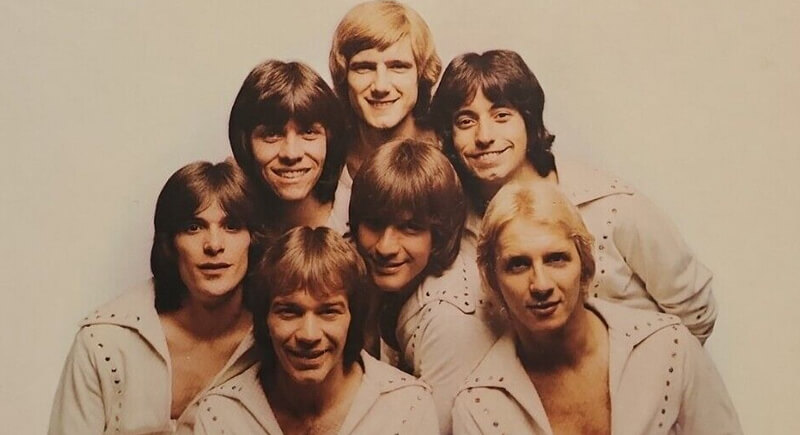
Credit: ebay
This 1974 chart-topper leaned into wartime tragedy with a mismatch of tone. The lyrics follow a woman begging her fiancé not to enlist, only to receive news of his death. The upbeat tempo undercuts the story’s supposed emotional weight, which caused the listeners to agree that the sentiment felt forced.
“Muskrat Love” by Captain and Tennille
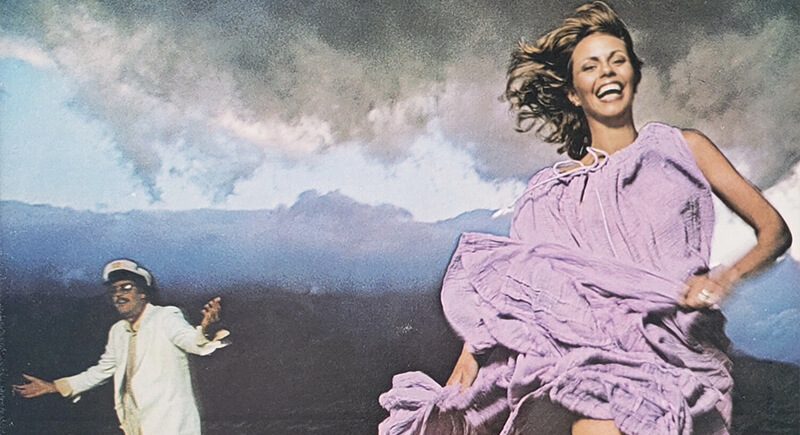
Credit: ebay
Two muskrats—Suzy and Sam—serve as the central characters, and the song includes synthesizer effects designed to mimic their interaction. “Muskrat Love,” released in 1976 by Captain and Tennille, was quite literally about rodents in a romantic scenario. Many found it uncomfortable and puzzling, particularly after the duo performed it during a White House event.
“(You’re) Having My Baby” by Paul Anka
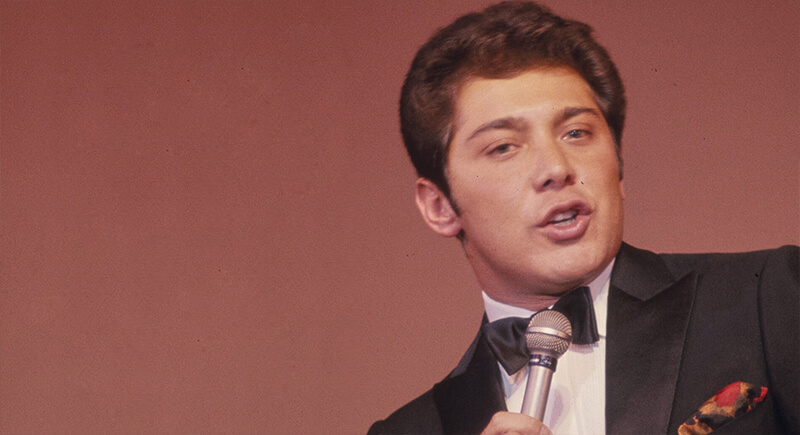
Credit: Wikimedia Commons
The lyrics of (You’re) Having My Baby turn a shared experience into something oddly one-sided, with the man thanking the woman for “having his baby” as if the act were solely done on his behalf. The phrasing feels dated and self-important, and the tone carries a strong undercurrent of control rather than support.
“Convoy” by C.W. McCall
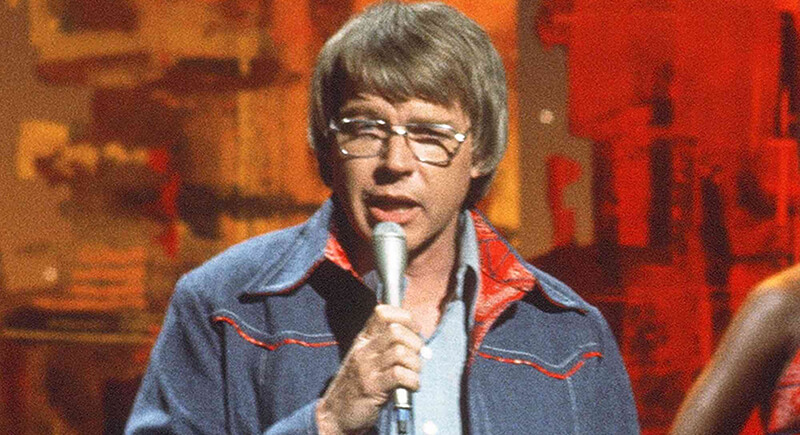
Credit: Yahoo
You may not believe it, but this track came straight out of a marketing brainstorm. Ad executive Bill Fries created C.W. McCall to sell bread, then turned him into a country singer. “Convoy” cashed in on the CB radio craze and used trucker lingo for most of its lyrics. The song never sounded like a real song, but rather a jingle stretched to radio length.
“The Morning After” by Maureen McGovern
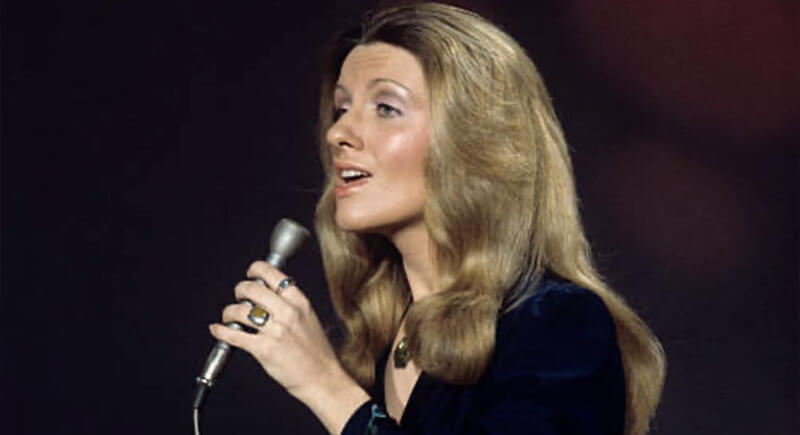
Credit: Facebook
Written for The Poseidon Adventure, this track was supposed to sound uplifting, but the lyrics fall flat, and the melody feels thin. Maureen McGovern had a clear voice, but there’s little personality in the performance. Even so, it won Best Original Song at the 1973 Oscars, then reached No. 1 later that year.
“The Streak” by Ray Stevens
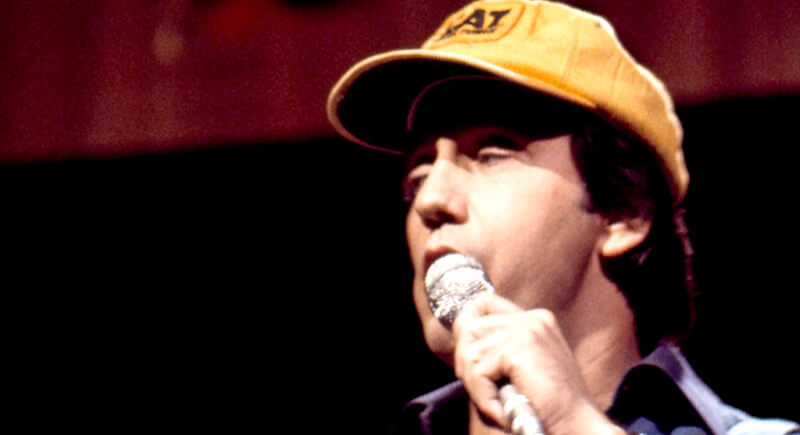
Credit: Wikipedia
Ray Stevens built “The Streak” around a brief national fad, using streaking as the central joke. The track relies heavily on cartoonish sound effects and mock news segments, repeating the same punchline without variation. It received constant airplay, but its success had little to do with musical quality.
“Seasons in the Sun” by Terry Jacks
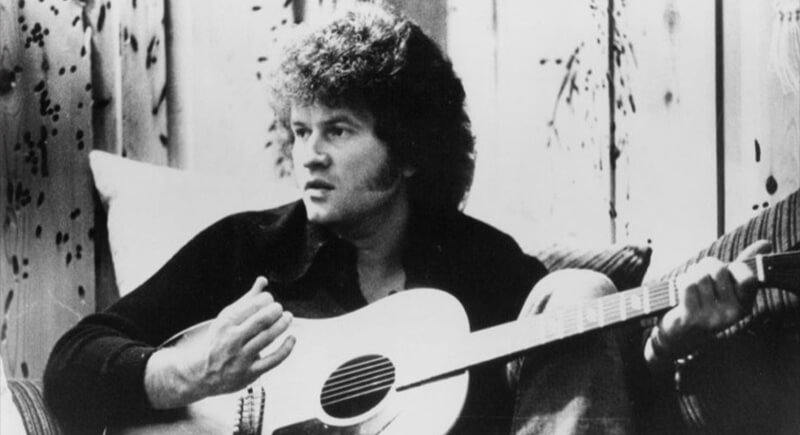
Credit: Wikipedia
This song began as a stark, emotionally layered piece in its original form, but turned into something too sentimental in the hands of Terry Jacks. “Seasons in the Sun” trades depth for soft instrumentation and plain, almost childlike lyrics. The subject—saying goodbye before death—loses its gravity in the process.
“Sing” by The Carpenters
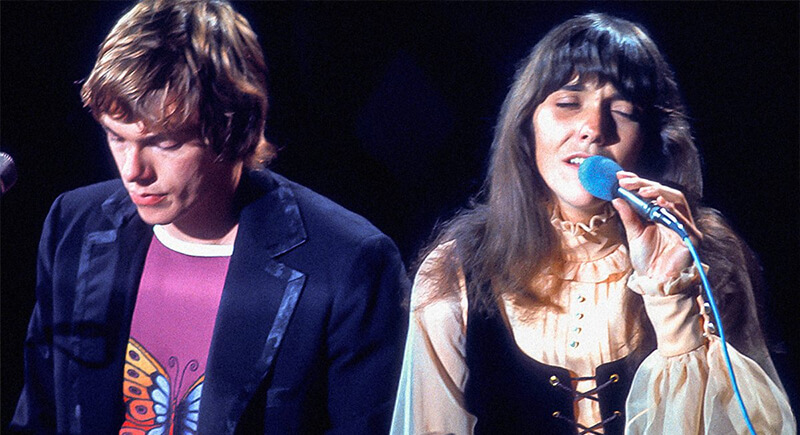
Credit: bbc
A song originally written for Sesame Street rarely translates well to adult pop radio, and this one was no exception. “Sing” relies on a repetitive chorus, minimal lyrics, and the addition of a children’s choir, all of which limit its appeal. Karen Carpenter’s voice remains technically strong, but the material doesn’t support her talent.
“Afternoon Delight” by Starland Vocal Band
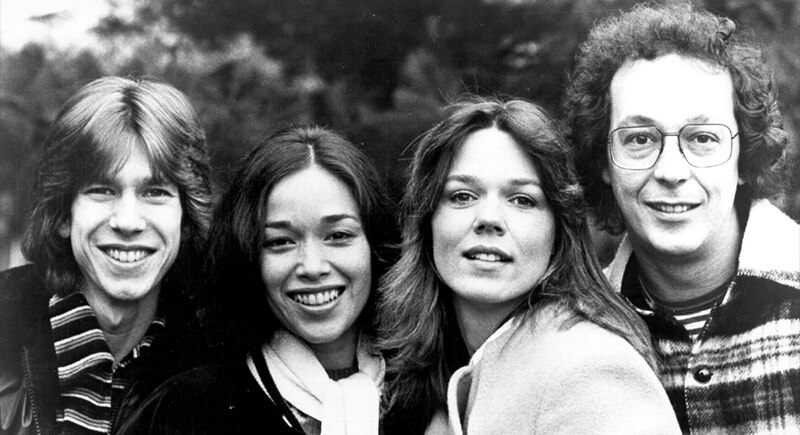
Credit: Reddit
The tone of the song sat in an uneasy middle ground, suggestive enough to raise eyebrows but too mild to leave a lasting impression. Its popularity declined rapidly after initial attention. Starland Vocal Band did not produce another major hit. “Afternoon Delight” remains the only track broadly associated with their name, remembered for its brief moment of success.
“Loving You” by Minnie Riperton
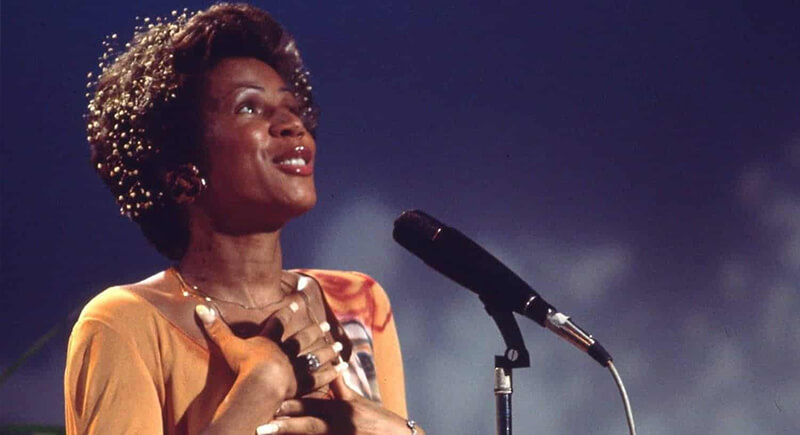
Credit: Reddit
“Loving You” showcased Minnie Riperton’s whistle register and reached No. 1 on the Billboard Hot 100 in 1975, but many people viewed it as more of a vocal showcase than a fully developed composition. The melody circled without variation, and the lullaby tempo gave it a static feel.
“Escape (The Piña Colada Song)” by Rupert Holmes
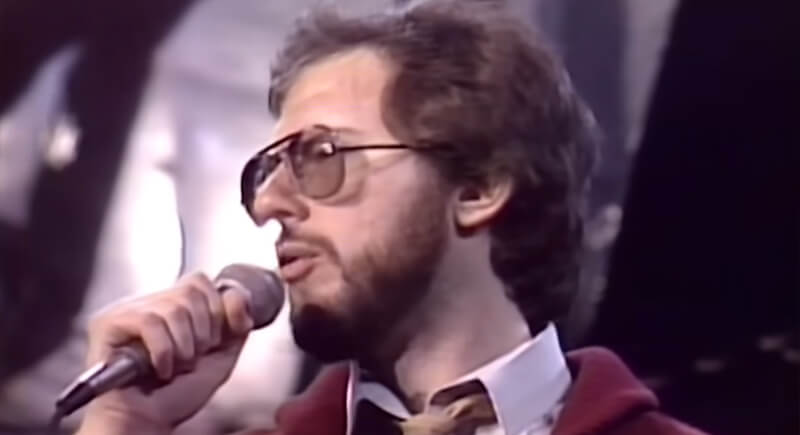
Credit: Youtube
Holmes read a personal ad and built this plot around it: a bored couple tries to cheat, then ends up rediscovering each other. The twist came off as weird instead of clever. Despite its popularity, the song often ranks high on lists of pop misfires and has become Holmes’ biggest success.
“Disco Duck” by Rick Dees and His Cast of Idiots
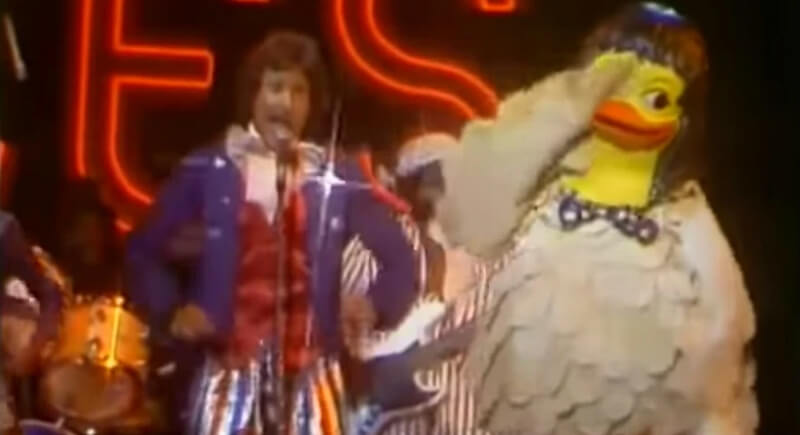
Credit: Reddit
Nothing in the lyrics aimed for meaning, and the distorted duck voice wore out its welcome fast. Still, radio saturation helped “Disco Duck” sell over six million copies. Dees never followed it with another charting single and eventually returned to radio full-time. Over time, the song became a punchline for how odd and overproduced the disco era could get.
“Ben” by Michael Jackson
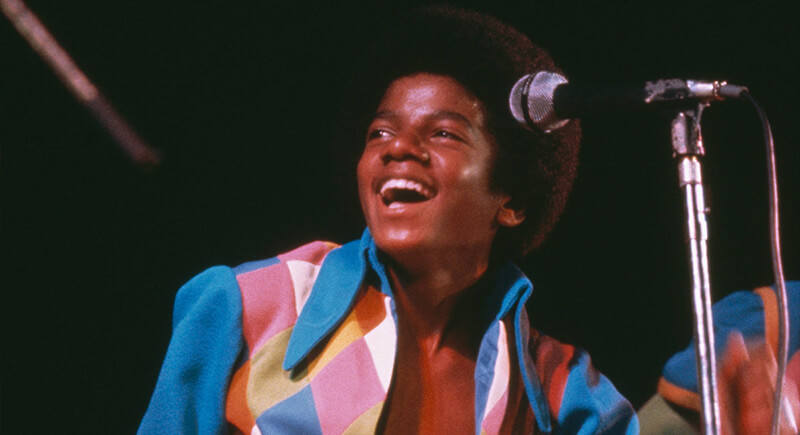
Credit: Reddit
Few expected a ballad about a pet rat to carry such emotional weight, but Michael Jackson’s heartfelt delivery gave “Ben” a strange gravity. The sincerity confused some listeners, and critics questioned the mismatch between lyrics and subject. However, the song resonated widely and marked an early milestone in the singer’s solo career before he turned 15.